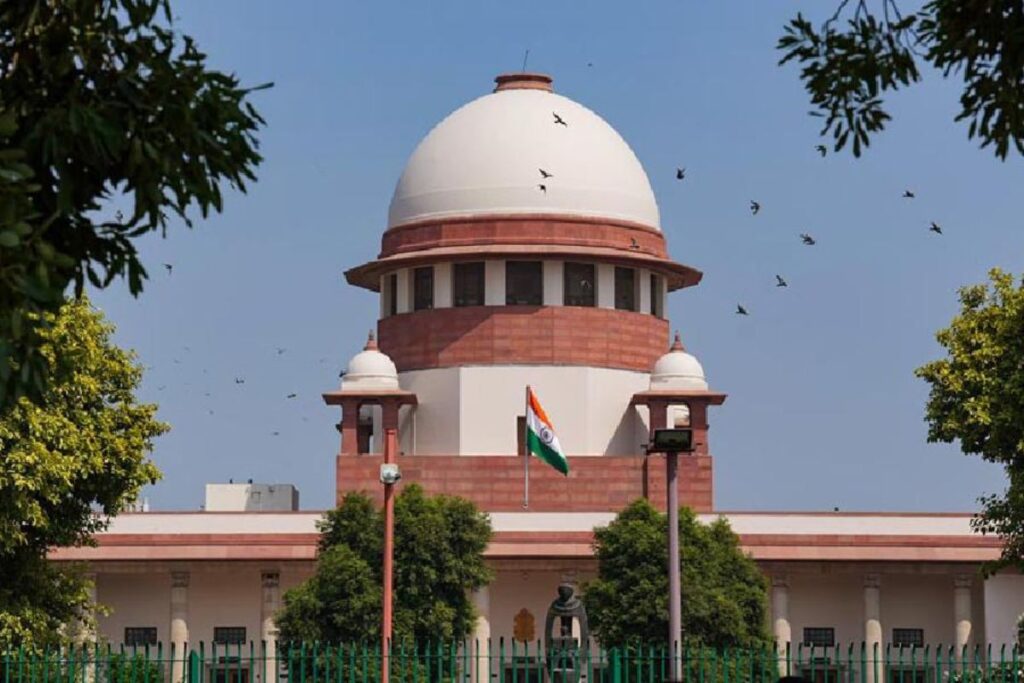Jahanvi Agarwal
The Supreme Court on 10th January 2024 emphasized the necessity of maintaining uniformity in the service conditions of judicial officers nationwide. In this regard, the Court has directed the establishment of a two-judge committee in each high court to oversee the implementation of orders related to pay, pension, and retirement benefits for judicial officers, in line with the Second National Judicial Pay Commission (SNJPC) recommendations.
The bench, led by Chief Justice of India DY Chandrachud, highlighted the importance of financial dignity for judges to uphold judicial independence. The Court expressed concern over the delay in resolving issues related to judicial officer’s service conditions, which have been pending for eight years, despite officers in other services benefitting from revisions since January 1, 2016.
The SNJPC recommendations cover various aspects, including pay structure, pension, family pension, allowances, and the establishment of a permanent mechanism for determining service conditions in the district judiciary. To institutionalize the implementation of these recommendations, the Court directed the formation of a committee in each high court, named the ‘Committee for Service Conditions of the District Judiciary’ (CSCDJ).
This committee will consist of two nominated high court judges, one with prior district judiciary experience, the Law Secretary/Legal Remembrancer, the Registrar General of the high court as an ex officio Secretary, and a retired judicial officer serving as a nodal officer for grievance redressal.
The senior-most judge nominated by the Chief Justice will chair the committee, which may co-opt state government officers for department-related deliberations. The CSCDJ’s principal functions include overseeing SNJPC recommendation’s proper implementation, developing an institutional mechanism for recording concerns about pay, pension, and service conditions, and ensuring empanelled hospitals meet necessary standards.
Additionally, the committee will prescribe benchmarks for empanelment, considering medical care availability within districts and facilitating medical facilities for officers residing outside the state. Disbursements on account of arrears are mandated to be completed by February 29, 2024, and each committee is required to submit a report to the Supreme Court by April 7, 2024, through the Registrar General of the respective high court.

